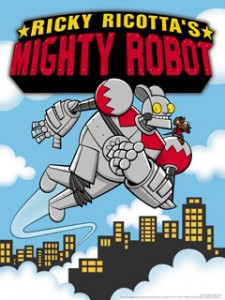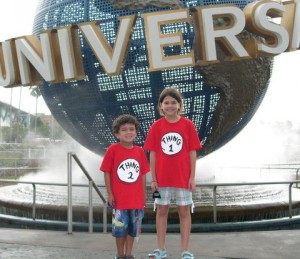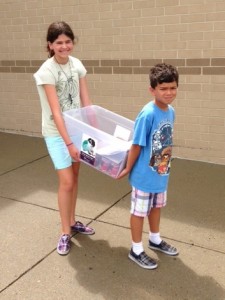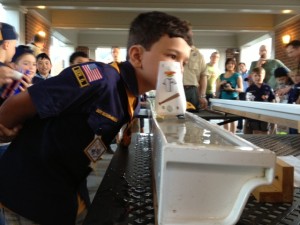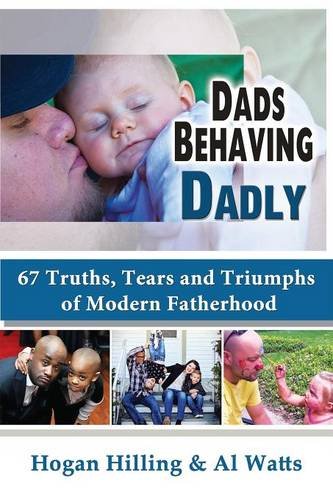I want to be the first person to never blink again.
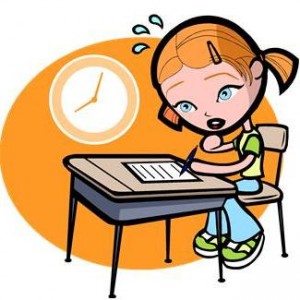 Sounds crazy, right? Especially for someone who wears contacts and whose eyes dry out in the time it takes a cat to run to you when you open her can of food, but it makes perfect sense to me.
Sounds crazy, right? Especially for someone who wears contacts and whose eyes dry out in the time it takes a cat to run to you when you open her can of food, but it makes perfect sense to me.
You see, my kids change ever so slightly every time I blink. Add all the blinks together, and they’re off to college before I had the chance to register them for kindergarten.
If I don’t blink, I won’t miss them growing up.
Not so crazy after all, am I?
Of course, it won’t stop Celeste and Gavin from growing up, but at least I won’t miss it. That’s a worthy goal, no?
I think of this on the eve of another first day of school. It’s our seventh so far, so by no means are we new at this, but this one feels different because Celeste is starting middle school.
She and Gavin won’t be in the same school again for six years, when Celeste is a senior and Gavin starts high school.
Damn, I just blinked.
Part of me can’t help but retrace the steps I took when I was her age, and look at these next few years with some degree of dread.
I didn’t like junior high school, which isn’t quite the same as middle school, but it’s close enough.
Elementary school was fine. I had plenty of friends, and did well enough in class to be called a gifted and talented student.
But something changed in junior high. I don’t know if it was the sweaty gym socks, different cafeteria food, raging hormones, or a potent combination of all three, but something ran through the halls of that junior high school that profoundly affected me and my studies.
I started seventh grade in honors classes, but struggled to understand the work, especially math. And when my struggles grew too much, school administrators switched me to easier classes.
Turns out I wasn’t so gifted and talented after all. I was just more mature, which makes sense given that I was a year older than most kids in my grade. (I was held back a year early in elementary school.)
By the time my classmates started catching up with me, any gifts and talents I might have had didn’t look so special anymore. I’m sure I held my head high, and didn’t let on that it the setback bothered me, but when I think back to those days through the lens of adulthood I can honestly say it did.
I found myself in classes with many kids I didn’t know, and entered a fog of adolescent wandering and delinquency that didn’t lift until after I graduated high school.
Part of me fears Celeste might find herself on a similar path, especially as we try to find the delicate balance between learning, studying, having fun and goofing off, sports and even helping other people.
We talked about it one night a week or so before school started, as she was worrying about the transition to middle school, the amount of increased homework she’ll have, and the pressure she’ll face to excel academically. I tried to tell her that while doing well in school is important, there’s much more to life than studying.
“What good is it if you spend all your time studying, and no time helping other people?” I asked.
“It’s not,” she answered.
“What good is it if you spend all your time alone studying, but you can’t relate to other people and you have no friends?”
“It’s not,” she answered.
“That’s right, because studying is only one side of who you are. I want you to always study hard and do your best. If you earn straight A’s, then good for you. I’ll be proud. But if you don’t, and I know you tried your best, then I’ll be just as proud of you.”
We sat silent for a few moments.
“Do you know what’s more important than book smarts?” I asked.
She shook her head.
“Imagination. What good is it if you memorize every fact in the world, but you can’t think of a way to use them to help solve world problems?”
“It’s not.” She paused. After a few moments, she continued. “I have a good imagination.”
“I know you do, and I can’t wait to see your first invention.”
“I already know what it is.”
“You do? What is it?”
“A jetpack you wear so you can get to work without traffic.”
I smiled. “I’ll be the first to buy it.”
We’re a month into middle school now, and I’m happy to say that Celeste is adjusting fine so far. Perhaps her path through middle school won’t have as many potholes as mine.



